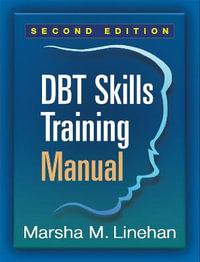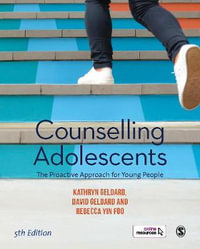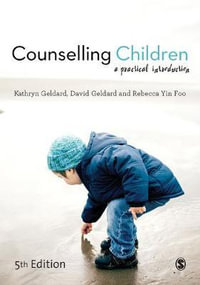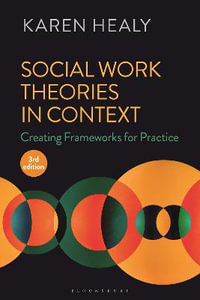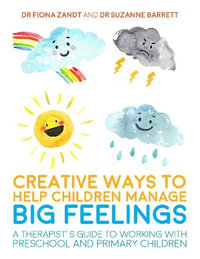Nearly every day an active-duty soldier in the United States military resorts to suicide, and nearly every hour a veteran does the same. In recent years the problem of military suicides has reached epidemic proportions, but it's all too easy for most of us to gloss over the headlines or tune out the details.
In The Last and Greatest Battle--the first book devoted exclusively to the problem of military suicides--John Bateson brings this neglected crisis into the spotlight. Bateson, the former executive director of a nationally certified suicide prevention center, surveys the history of suicide in the United States military from the Civil War to the present day and outlines a plan to save lives-and ultimately end the tragedy of military suicides.
He uses the stories of individual soldiers to illuminate the unique challenges faced by American troops today. Transitioning from the front lines to the home front is difficult for many service members, and many need help both during and after their deployments. But even though the military is spending millions of dollars on suicide prevention programs, record numbers of soldiers continue to take their lives.
To that end, Bateson outlines a plan of action. If the military works to remove stigma, to make treatment more effective and more accessible, and to limit risk factors for suicide in the first place by taking measures like reducing the number and length of deployments and adjusting pre-deployment training to take into account the way that wars are waged today, an end to the problem of military suicide is as possible as it is essential.
Industry Reviews
"This is an incredibly important book. John Bateson incorporates historical landmarks, cutting-edge data, and deeply textured real-life cases of suicide in the military to arrive at compelling recommendations for policy makers, military families, and mental health clinicians. Bateson is a meticulous researcher and a masterful writer. Understanding and effectively addressing military suicides begins here."
--W. Brad Johnson, PhD, Professor of Psychology, Department of Leadership, Ethics, and Law, U. S. Naval Academy and Johns Hopkins University
"Suicide in the military is of urgent national concern, and the need for a book like this is pretty clear. The Last and Greatest Battle is a welcome addition to the literature on this topic. Bateson has had decades of experience in the field of suicide prevention and is an excellent writer. I highly recommend this book to anyone affected by military suicide, as well as those who are interested in learning what's behind the problem and how we can address it."
--Thomas Joiner, PhD, The Robert O. Lawton Distinguished Professor, Department of Psychology, Florida State University
"What sets this book apart is the detailed and interesting history of the effects of combat trauma on real soldiers' lives."
--CHOICE, R. I. Hooper, Department of Veteran's Affairs
"In The Last and Greatest Battle, John Bateson tells stories of suicide among those who served in combat. His main point is that suicides among service members and veterans have been ignored. As a country, we are losing many of the people who do the most to protect us. In this book, he urges us all to work together to stop combat veterans from killing themselves once wars stop... Bateson specifies the steps we all must take to reduce suicides after
war.... Bateson provides excellent resources the reader can use to help prevent suicide and reduce life-threatening behaviors. One cannot read this book without wanting to learn more."
--ARMY Magazine
"[A] step in the right direction...Bateson skillfully incorporates the personal stories of soldiers in an effort to enrich our understanding, amplify the challenges, motivate the clinician, and bring hope to the forefront."
--The American Journal of Psychiatry
"In his remarkable book, The Last and Greatest Battle: Finding the Will, Commitment, and Strategy to End Military Suicides, author John Bateson takes care not to let facts, figures, and clinical observations overshadow the fact that each data point in military suicide statistics once was a person-a human being with a face, a family, and a history. As a result, his book, which is thoroughly grounded in empirical research, yet rich in detail about the
lives of soldiers before, during, and after exposure to the trauma of war, is both a valuable resource and sometimes a difficult, emotional read about human suffering."
--Journal of Psychiatric Practice

